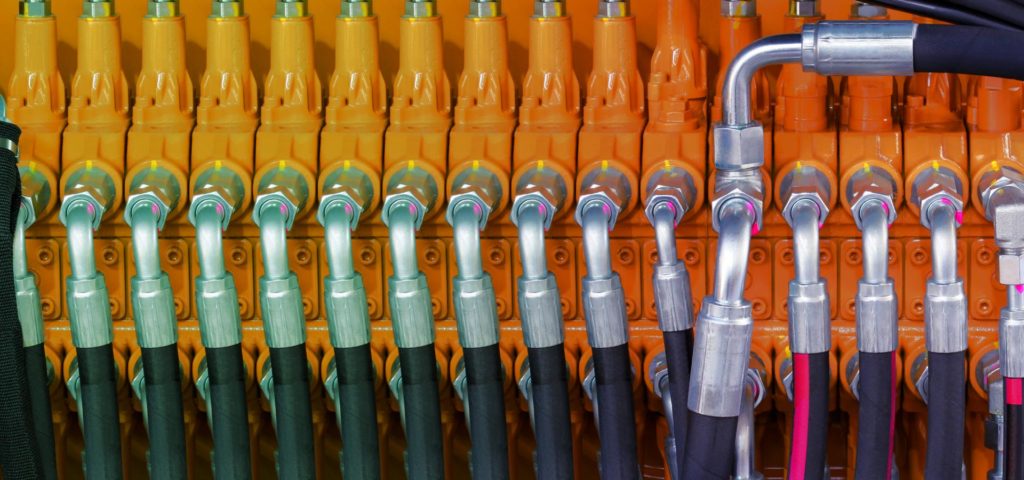Introduction

When it comes to setting up a reliable hydraulic system, having the right components is crucial. Hydraulic hose fittings play a vital role in ensuring proper fluid transfer, leak prevention, and system efficiency. In this comprehensive guide, we will delve into the world of hydraulic hose fittings, highlighting their significance and offering valuable insights into selecting the perfect fittings for your needs.
Understanding Hydraulic Hose Fittings
Hydraulic hose fittings serve as connectors between hydraulic hoses and various components within a hydraulic system. These fittings create leak-free connections and allow for the seamless transmission of fluid at high pressures. Typically made of durable materials like steel, stainless steel, or brass, hydraulic hose fittings are designed to withstand extreme pressure, abrasion, and corrosion, ensuring the overall integrity of the system.
Importance of Choosing the Right Hydraulic Hose Fittings
1. Optimal System Performance: A well-designed hydraulic system relies on properly chosen fittings to maintain the efficiency of fluid transfer. Selecting the right fittings ensures minimal pressure drop, preventing system inefficiencies and unnecessary energy losses.
2. Leakage Prevention: Hydraulic systems are typically operated at high pressures, making leak prevention a critical factor. Choosing reliable hose fittings guarantees a secure connection, eliminating the risk of leaks and reducing downtime.
3. Hose Compatibility: Hydraulic hose fittings are available in various types, sizes, and configurations to match the specific requirements of different hydraulic hoses. Selecting compatible fittings ensures a tight and secure connection, preventing flow restrictions and potential hose failures.
Factors to Consider When Selecting Hydraulic Hose Fittings
1. Hose Type and Size: Before choosing hydraulic hose fittings, it is essential to identify the type and size of the hose that will be used in your system. This information ensures that you select the appropriate fittings that will provide a proper and secure fit.
2. Pressure Rating: Understanding the maximum working pressure of your hydraulic system is crucial for selecting hose fittings that can handle the pressure without compromising safety or performance. Always choose fittings that match or exceed your system's pressure requirements.
3. Thread Type: Hydraulic hose fittings come in various thread types, such as NPT (National Pipe Thread), BSPP (British Standard Pipe Parallel), and ORFS (O-Ring Face Seal). Ensure to select fittings with the correct thread type that matches the components you will be connecting.
4. Material Selection: Consider the operating environment and fluid compatibility when selecting the material of your hydraulic hose fittings. Materials like stainless steel offer excellent corrosion resistance, making them suitable for harsh conditions or when working with corrosive fluids.
5. System Flexibility: Depending on the application requirements, you may need fittings that allow for flexibility in the hydraulic system. Swivel fittings, for instance, enable rotation, accommodating movement and reducing hose fatigue, ultimately prolonging the lifespan of the system.
Conclusion
Hydraulic hose fittings act as the glue that holds a hydraulic system together. By carefully considering factors such as hose type, size, pressure rating, thread type, and material compatibility, you can select the perfect fittings that enhance the overall performance and reliability of your hydraulic system. It is crucial to remember that efficiency, leak prevention, and compatibility should always be top priorities when choosing hydraulic hose fittings.
Experience seamless fluid transfer, reliable connections, and optimized system performance by investing in high-quality hydraulic hose fittings. Upgrade your hydraulic system today!
Keywords: Hydraulic hose fittings, fluid transfer, leak prevention, system efficiency, pressure drop, hose compatibility, materials, thread types, pressure rating, system flexibility.
